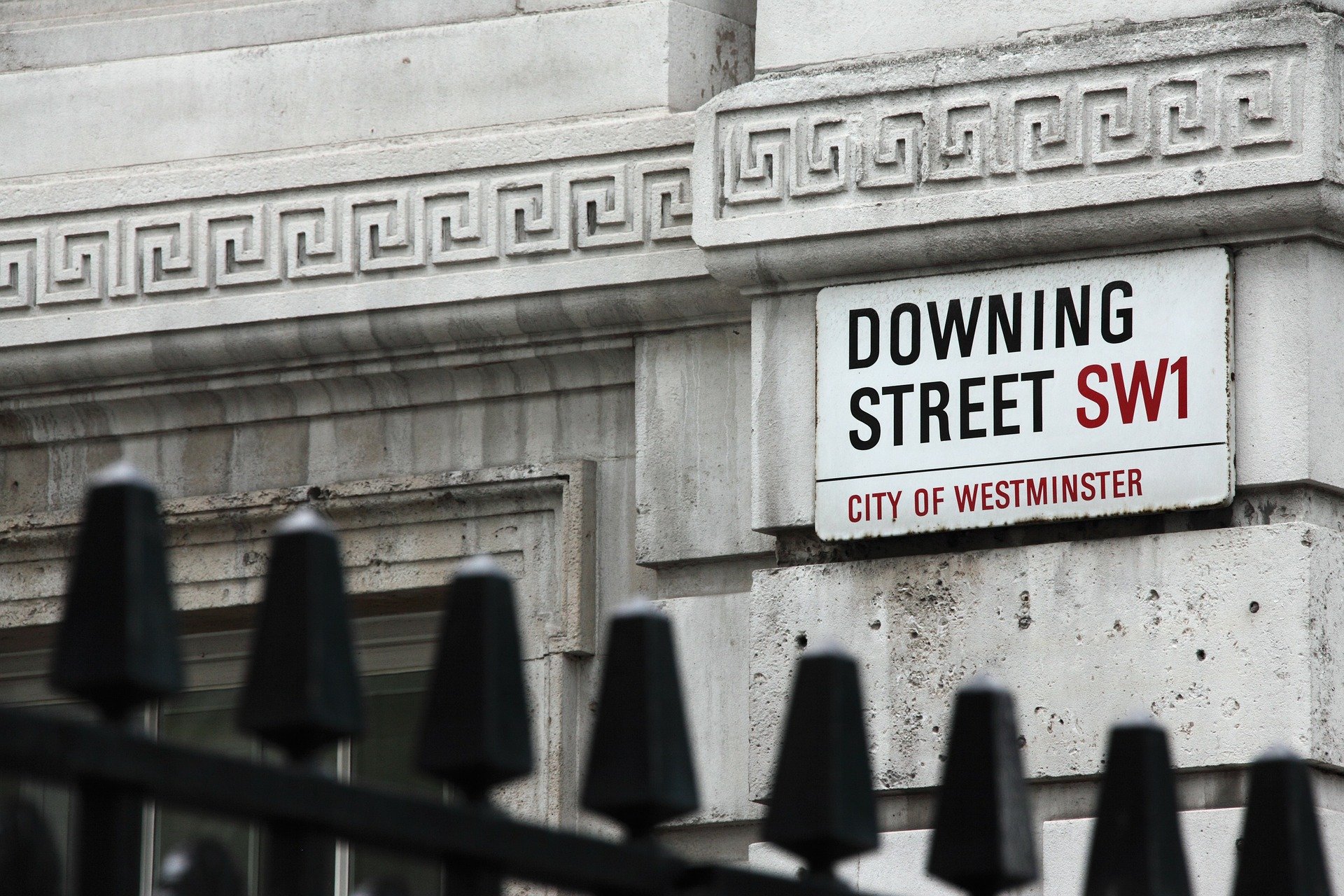The political landscape has never looked so bleak. Facing an uncertain and threatening future, more people than ever are disillusioned with modern politics. In a November 2019 YouGov survey, 74% of surveyed Britons felt that the government were handling Brexit poorly. Boris Johnson’s popularity was at -6% while Jeremy Corbyn’s was at -42%. The unrest among Britons will inevitably reach fever-pitch in the upcoming General Election on December 12th. Many will wish to express their dissatisfaction with the government in the election by doing a protest vote, by spoiling the ballot paper. Surely the point of the election, after all, is to express the voter’s opinion, even if that opinion does not have an option on the ballot paper. But spoiling the ballot paper, no matter how strongly you dislike all the options, is not a viable solution, and here’s why.
In the place of voting for the party you want to vote for, spoiling the ballot paper serves to indicate your dissatisfaction with all the available options: it is a protest against the current structure of British politics and a demand for change at a more fundamental level than the relatively superficial changing of the party in power. This would be a perfect solution, except spoiling the ballot paper does not necessarily assert your dissatisfaction.
In many cases, a spoilt ballot is classed as the voter’s choice being “uncertain”. When a voter’s intent is uncertain, officials disregard the vote entirely, meaning it doesn’t make up part of the overall data from the vote. In essence it doesn’t indicate any political opinion at all. Consequently, in the majority of cases, spoiling the ballot only serves to silence your voice rather than make it heard, making spoiling the ballot an ineffective way of communicating your political stance.
Even worse, when you fail to communicate your political opinion in a vote, those others who did vote will speak for you. Your silence only forfeits more potency to voters who conformed to choosing one of the voting options, meaning their vote counts for more and ultimately decides the result of the election. Not only is your voice not heard, but you have no control over the outcome of the election, defeating the very point of attending the vote.
This problem affects not just the individual but threatens to undermine the very base of British politics on a national level. When voters fail to exercise their right to vote, whether by spoiling the ballot or abstaining, this delegitimizes the representation of democracy in the political system because it means the election does not represent the entirety of the people. If the result of the election does not represent the will of the people, it is not a democratic vote.
Even when the government fails us and all parties leave something to be desired, the point remains: it is the duty of everyone to maintain democracy, and to do that, we must vote.
Georgie Wardall

